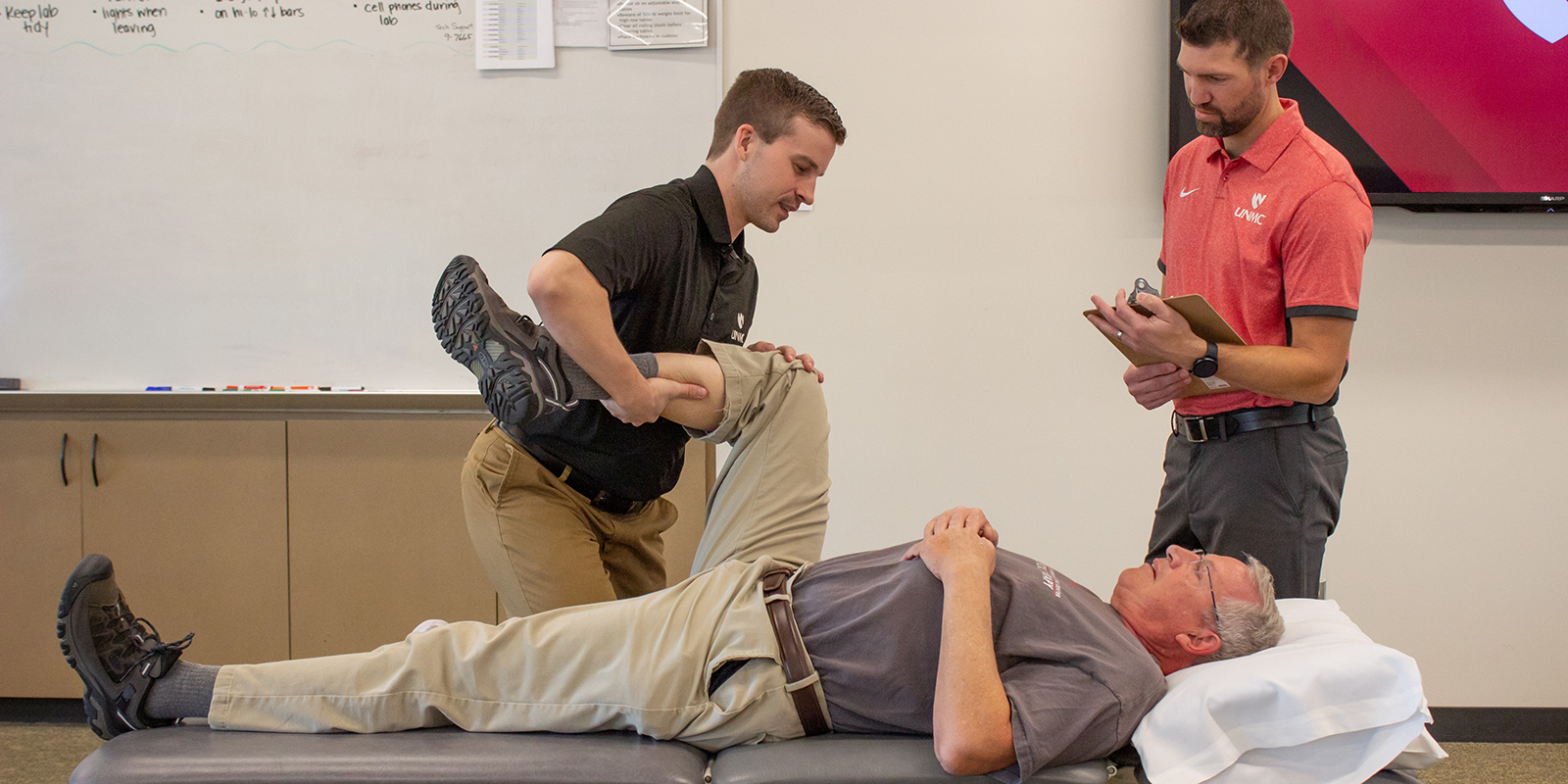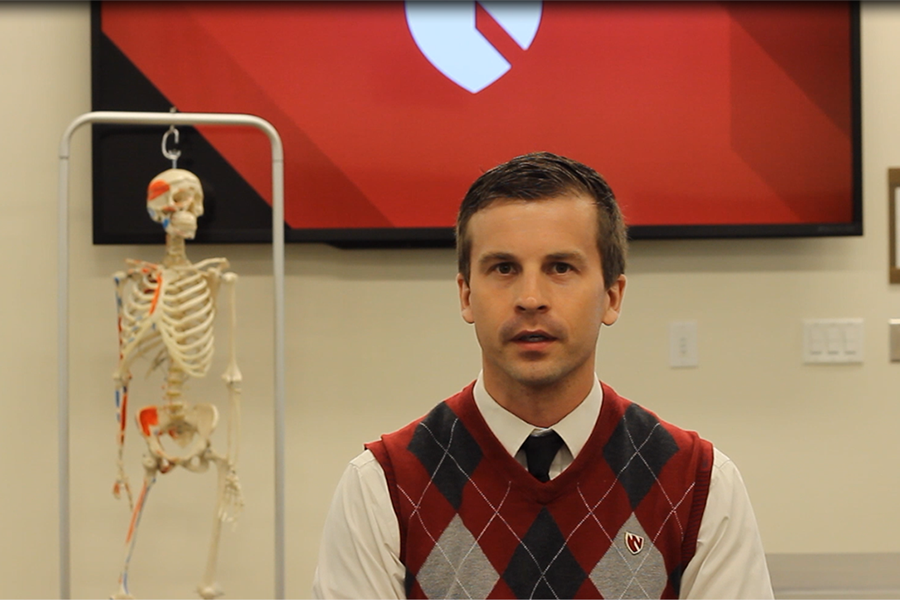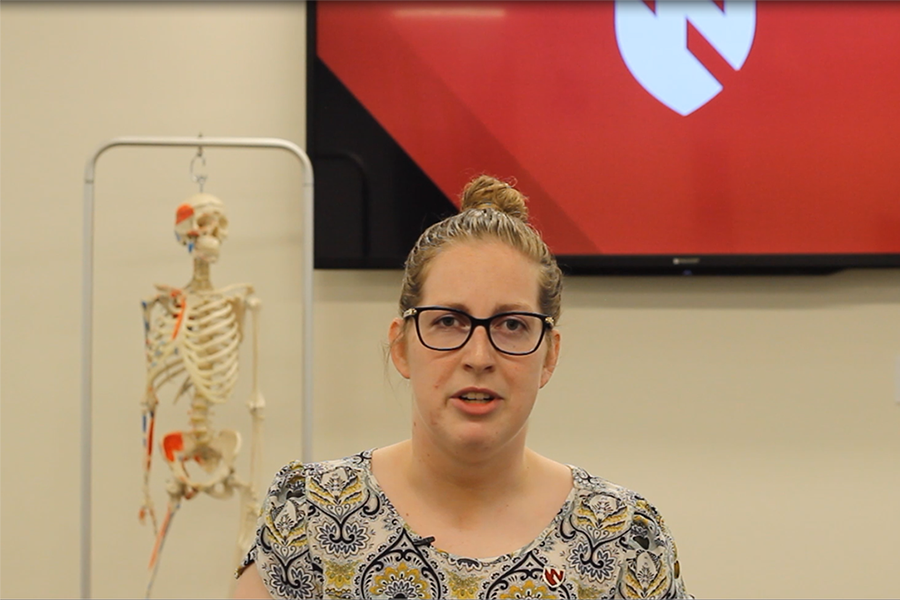Orthopedic Physical Therapy Residency
Post-professional training in orthopedic physical therapy.

Why pursue a residency in orthopedic physical therapy?
If you're interested in orthopedics and want to develop your clinical reasoning skills, a residency will help. You'll accelerate your growth toward becoming a clinical specialist.
Why pursue a residency at UNMC?
Curriculum
This 13-month, post-professional training program includes clinical practice, clinical mentoring, observation with orthopedic surgeons, teaching in the area of orthopedics, and opportunities for research and scholarly activity.
Vibrant Community
Be a part of a vibrant academic health science center campus. Clinical practice and didactic education are both located on the UNMC/Nebraska Medicine campus in Omaha, Neb.
Accreditation
The University of Nebraska Medical Center Orthopedic Residency Program is accredited by the American Board of Physical Therapy Residency and Fellowship Education (ABPTRFE) as a post-professional residency program for physical therapists in orthopedics.
Visit the ABPTRFE websiteEmployee Benefits
Residents are UNMC employees and receive benefits per UNMC policies. As employees, residents also have access to outstanding library facilities, faculty development resources, and a wide-array of additional learning opportunities.
ABPTRFE Financial Fact SheetProgram Snapshot
UNMC PT Residents Part 1
The inaugural graduates from the UNMC PT Orthopedic Residency program share their thoughts and answer some frequently asked questions about the program.
UNMC PT Residents Part 2
The inaugural graduates from the UNMC Physical Therapy Orthopedic Residency program answer more questions about the program.
Program Highlights
Mission
The mission of the Orthopedic Physical Therapy Residency at the University of Nebraska Medical Center is to prepare orthopedic clinical specialists who will:
- deliver evidence-based, patient-centered care,
- participate in clinical, academic, and professional teaching,
- interact with other healthcare professionals to develop effective interprofessional teams,
- provide professional service including outreach to under-served populations,
- participate in scholarly activities to contribute to the physical therapy profession.

